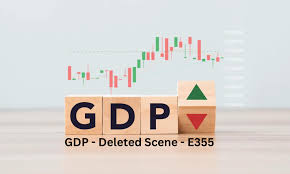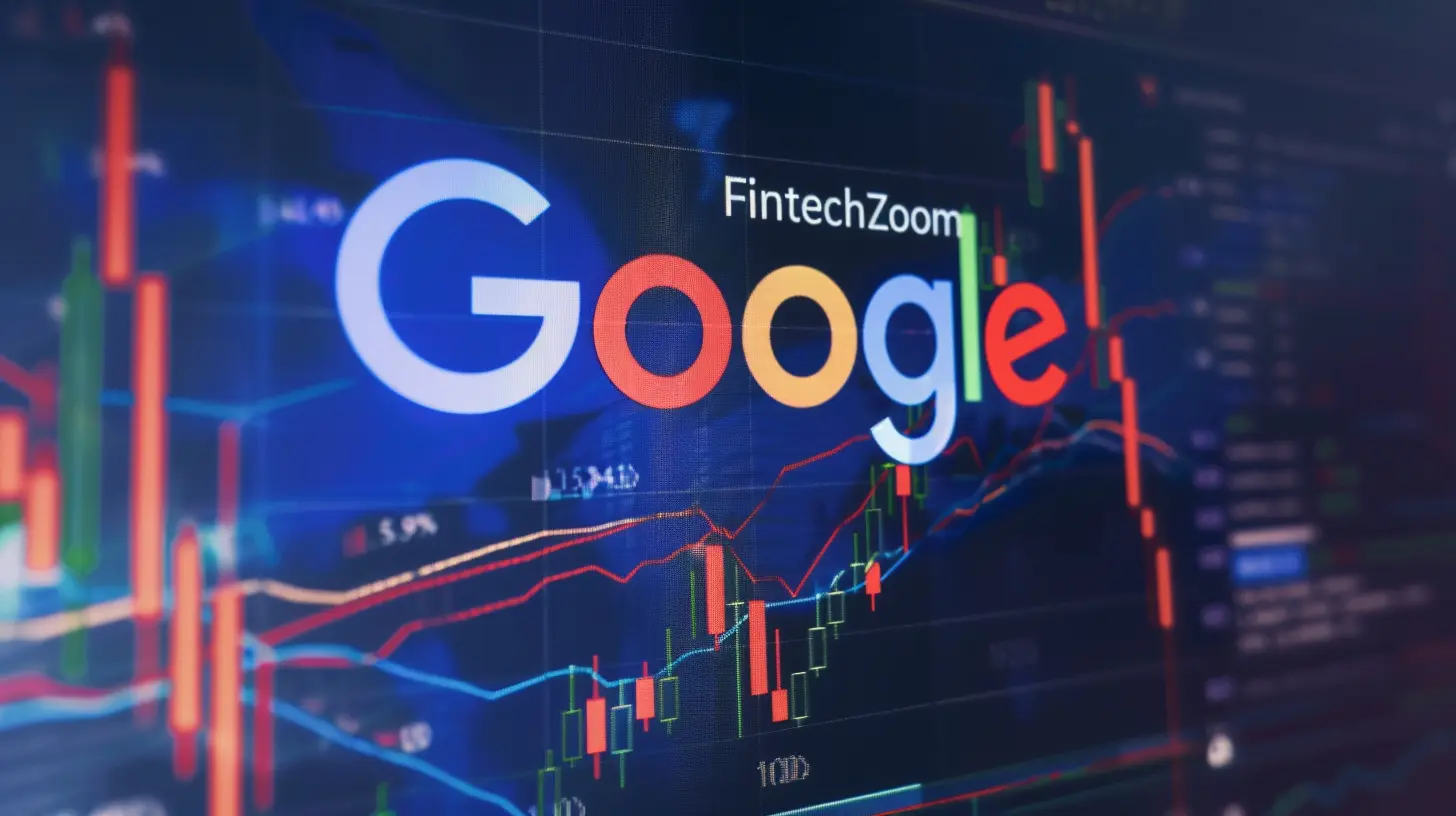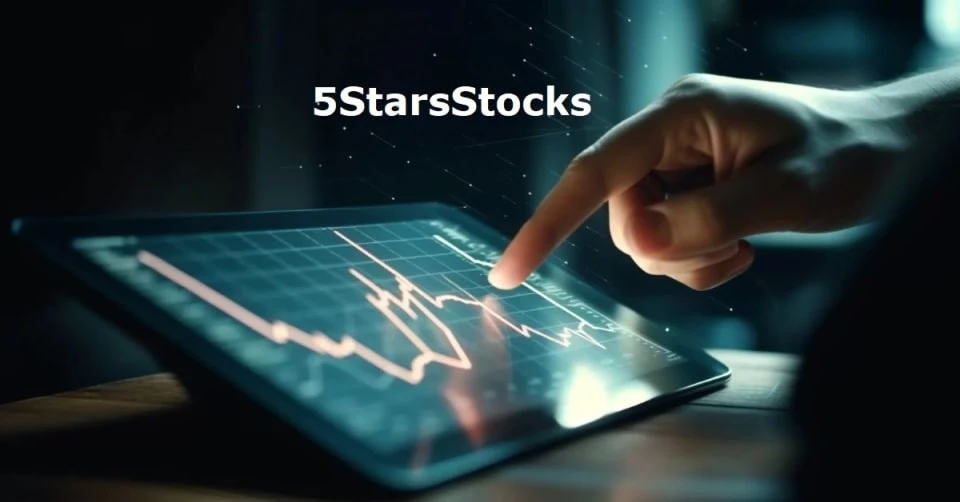Who Discovered the gdp – deleted scene – e355?
In the world of economics, one term that frequently pops up is GDP, or Gross Domestic Product. It’s a way to measure how much value a country’s economy creates. But have you ever wondered, who actually discovered or came up with this concept? And what’s this about a “deleted scene” from E355? In this article, we’ll dive into these questions, exploring the origins of GDP and uncovering some intriguing details about E355. Let’s make it fun and easy to understand!
What is GDP?
Before we get into who discovered GDP, let’s start with what it actually means. GDP stands for Gross Domestic Product. It’s like a giant calculator that adds up all the goods and services a country makes in a year. Imagine you have a lemonade stand. If you sell lemonade, and maybe even cookies, your earnings are like a small GDP for your lemonade stand. For a whole country, GDP includes everything from cars and computers to haircuts and hospital visits.
GDP helps us understand how well an economy is doing. If the GDP is growing, it usually means the economy is healthy and people are buying and selling a lot. If it’s shrinking, it might mean the economy is struggling. Think of GDP as a big scoreboard showing how well a country’s economy is performing.
The Discovery of GDP
The concept of GDP wasn’t always around. It took some smart people and a lot of thinking to come up with it. The idea of measuring economic activity started to take shape in the 20th century. One of the key figures in this discovery was Simon Kuznets, an American economist.
Simon Kuznets and His Contribution
Simon Kuznets is often called the “father of GDP.” He was born in 1901 in what is now Belarus and moved to the United States as a young man. Kuznets worked hard to understand and measure economic activity. In the 1930s and 1940s, he developed the idea of national income accounting, which is a fancy term for measuring a country’s economic activity.
Kuznets and his team worked on figuring out how to gather all the data about what a country produced and how much money people were spending. His work led to the creation of GDP as we know it today. His research was so important that he even won the Nobel Prize in Economic Sciences in 1971 for his contributions.
The Evolution of GDP
Kuznets’ idea of GDP didn’t stay the same forever. Over time, economists refined and improved the way GDP is calculated. For example, the method has evolved to include not just the production of goods and services but also changes in the economy and adjustments for inflation.
This evolution helps to ensure that GDP gives a clear and accurate picture of an economy’s performance. Imagine if you were keeping score in a game and had to update the rules every so often to make sure everything was fair. That’s kind of what economists do with GDP.
Deleted Scene E355: What’s the Connection?
Now, you might be wondering, what’s this about a “deleted scene” from E355? It sounds like it’s from a movie or TV show, but it’s actually related to a significant part of GDP’s history. E355 refers to an episode from a popular economic discussion series, where they talked about various economic concepts.
The Importance of Deleted Scenes
In TV shows and movies, deleted scenes are parts of the script that didn’t make it into the final version. They can offer extra details or background information that might be interesting or helpful. In the context of E355, this deleted scene likely contained additional insights or stories about the development of GDP and how Simon Kuznets’ work was received.
What Was in the Deleted Scene?
While the specific details of the deleted scene are not widely known, it’s possible that it featured discussions about the challenges Kuznets faced or the reactions of other economists to his work. Deleted scenes often include fascinating tidbits that didn’t fit into the main narrative but still offer valuable context.
Imagine watching your favorite show and discovering that there were extra parts you didn’t see in the final episode. Those extra parts can make the story even more interesting. Similarly, the deleted scene from E355 might offer a deeper understanding of GDP’s history and development.
Why GDP Matters Today
Now that we know a bit about how GDP was discovered and the intriguing deleted scene, let’s talk about why GDP still matters today. GDP is like a report card for a country’s economy. It helps governments, businesses, and people understand how the economy is doing.
For Governments
Governments use GDP to make important decisions. For example, if GDP is growing, a government might decide to invest more in schools or infrastructure. If GDP is shrinking, they might introduce new policies to stimulate the economy. Think of it like checking your grades to decide whether to study harder or take a break.
For Businesses
Businesses also keep an eye on GDP. If the economy is doing well, people are more likely to buy products and services. This is good news for companies because it means they might make more money. On the other hand, if GDP is down, businesses might need to be more cautious about their spending and hiring.
For Individuals
For individuals, understanding GDP can help us make better financial decisions. For example, if you know the economy is growing, it might be a good time to invest in new opportunities or make big purchases. If the economy is not doing so well, you might want to save more and spend more carefully.
The Future of GDP
GDP has been around for a while, but it’s not perfect. Economists are always looking for ways to improve how we measure economic activity. They want to make sure GDP accurately reflects people’s well-being and the health of the economy. Here are more Top rdatao Secrets to Unlocking Your Potential
New Measurements
Some experts think that GDP alone doesn’t tell the whole story. For example, it doesn’t measure how income is distributed among people or how much environmental damage is caused by economic activities. To address these issues, new measurements and indicators are being developed to complement GDP and provide a fuller picture of economic health.
The Role of Technology
Technology also plays a big role in the future of GDP. With advances in data collection and analysis, we can get more accurate and timely information about economic activity. This means that GDP measurements could become even more precise and useful in understanding how economies are performing.
Conclusion
In summary, GDP is a crucial tool for measuring the health of an economy. Simon Kuznets, with his groundbreaking work in the 20th century, is credited with discovering this important concept. The deleted scene from E355 adds an extra layer of interest, offering additional context and details about GDP’s history.
Whether you’re a government official, a business owner, or just someone trying to understand the economy, GDP is a key piece of the puzzle. As we move forward, improvements and new measurements will help us get an even better picture of how our economies are doing.
Share this content:














Post Comment